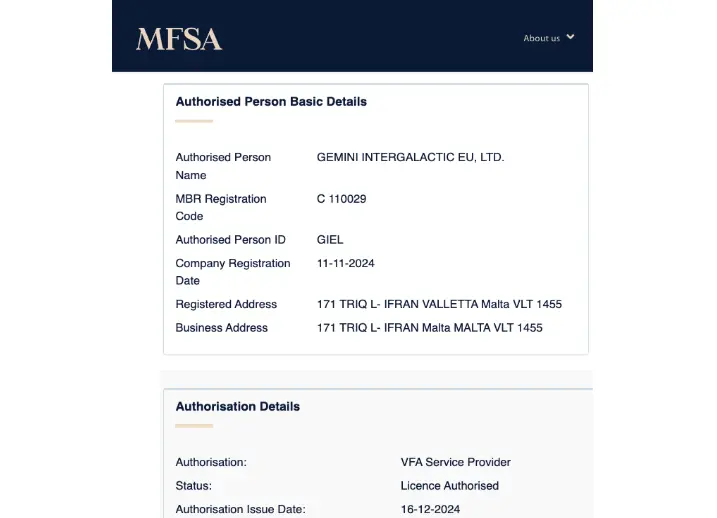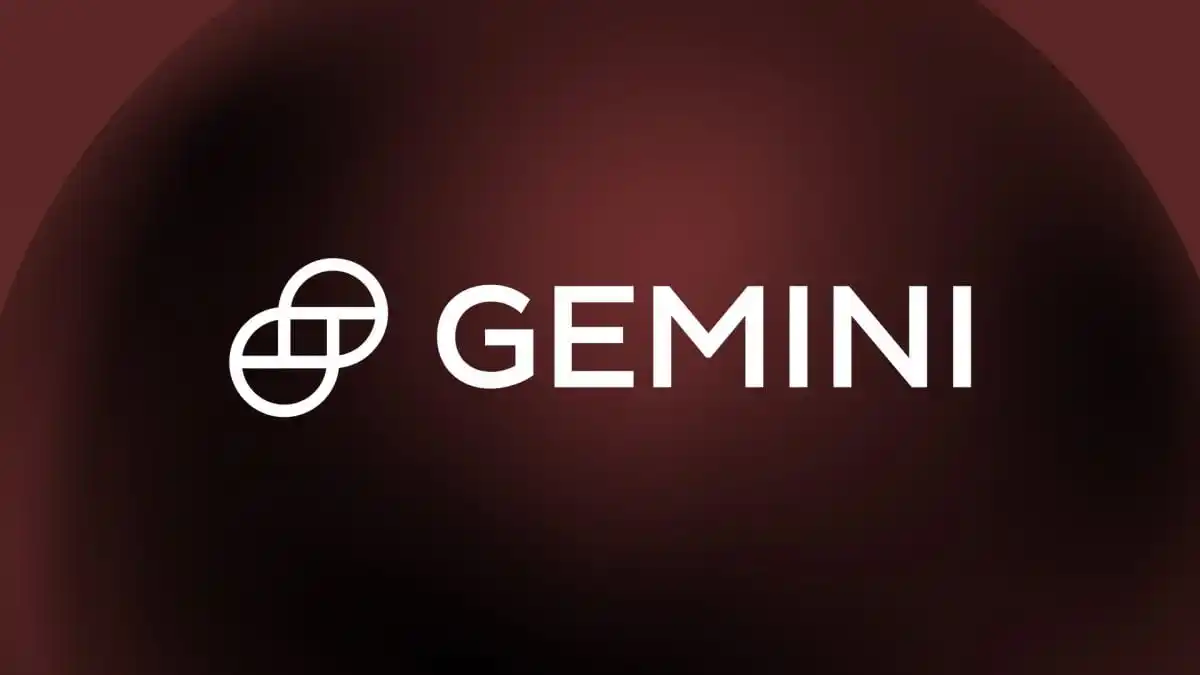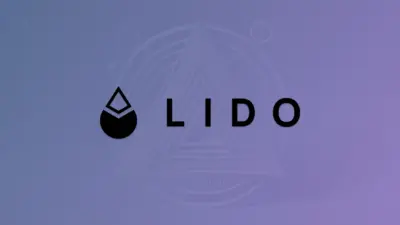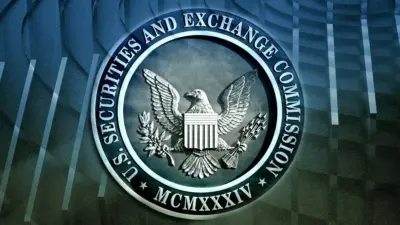According to Gemini’s head of Europe, allocating funds to construct the necessary infrastructure was the most significant obstacle to MiCA compliance.
Gemini, a cryptocurrency exchange founded by the Winklevoss twins, is establishing a dedicated Malta hub to guarantee adherence to European crypto legislation.
In a statement released on January 20, Gemini said that Malta would serve as its center for compliance with the European Union’s Markets in Crypto-Assets (MiCA) framework.
The action was taken soon after the Malta Financial Services Authority (MFSA) granted Gemini its sixth European virtual asset service provider (VASP) registration in December 2024.
Gemini claims that Malta offers the exchange the perfect setting to expand its activities in Europe because of its aggressive support of fintech innovation and the cryptocurrency ecosystem.
The MiCA license has not yet been granted to Gemini.
Gemini’s head of Europe, Mark Jennings, said the company has not yet obtained a MiCA license from Maltese banking regulators despite setting up its European MiCA hub in Malta.
According to Jennings, “There is a transition period with existing VASP licenses where you would uplift into MiCA, or you have to file a brand new license application in a new jurisdiction to achieve a MiCA license.”

Malta, France, Ireland, Spain, Italy, and Greece are among the six EU nations. Gemini currently possesses VASP licenses as of January 20. In November 2024, Gemini launched its crypto asset services in France under a French license.
One of the essential components of MiCA compliance is custody.
According to Jennings, one of the most critical components of MiCA compliance for Gemini was setting up a compliant service infrastructure. Other criteria include monitoring and ensuring unified onboarding procedures adhere to legal requirements.
The executive stated, “Before this, we had different requirements to onboard customers in France, Spain, and Italy.” MiCA allowed the exchange to develop a scalable system supporting Europe.
“I see it as an opportunity rather than a challenge,” Jennings remarked. “Assigning resources to build the necessary infrastructure to support MiCA was our biggest challenge,” he added.
“The biggest point for most of the kinds of global exchanges is how we build a locally compliant custody offering […] There is a lot of infrastructure required to do that.”
MiCA clarifies things, yet there is still confusion about stablecoins.
According to Jennings, Gemini envisions Europe eschewing fragmented regulation and embracing openness and resilience through MiCA.
The executive told Cointelegraph, “From our perspective, it brings some regulatory certainty to those customers who have required it.”
Jennings acknowledged that there is still some misunderstanding surrounding how MiCA handles specific stablecoins, despite the EU’s crypto law becoming more apparent.
MiCA approved major stablecoin issuers like Circle for their USDC.
The USDC stablecoin was $1.00 last year. However, Tether, the company that issues the USDT,
The biggest stablecoin by market capitalization, USDT$0.9986, rejected MiCA legislation, which sparked rumors that USDT will be delisted as a non-compliant stablecoin throughout the EU.



